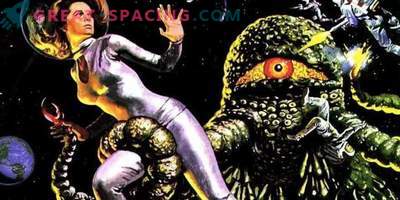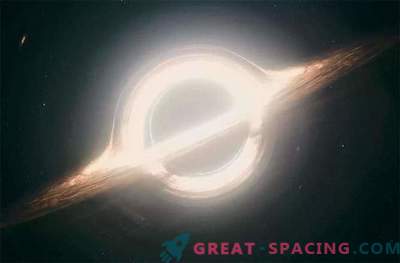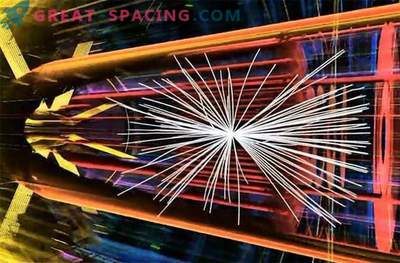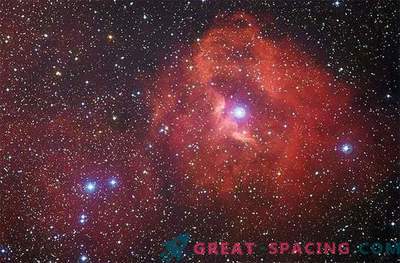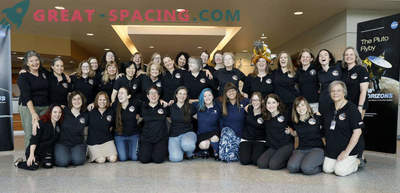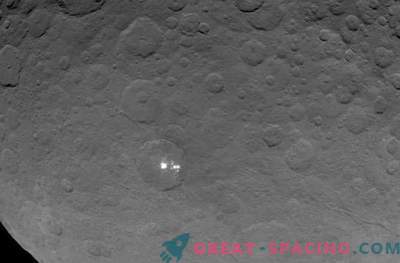
The best movie of this year about aliens with Amy Adams in the lead role is a thoughtful reflection on science, language and change.
The opening scenes of the new science fiction film “Arrival” lead us to familiar territory, where we see a huge spaceship hovering over the cities of our troubled planet Earth.
But soon the film shows that the story is not going to go by already known films about aliens. The spacecraft has no weapons. Our hero is a linguist. A cerebral plot puzzles. And a procession of subtle and intriguing ideas ultimately flourishes into a story of deep insight and hope.
“Arrival” is the best science fiction film of the year, because it does what science fiction does best. He encourages thoughtful hypothesis and thinking outside the box. Asks us to project our hopes and anxieties to some imaginary event horizon, and then look at what this will lead to. After a hectic, horrible and controversial electoral process, this is the film that you should see, digest and discuss later.
Warning: There will be some spoilers, but there is nothing new in them that you would not see in the trailer. And I will stay away from the central mystery of the film.
Movie Trailer:
Amy Adams plays the role of Dr. Louise Banks - a linguist hired by the US government to communicate with aliens. Twelve spacecraft (ovoid, resembling giant seed pods) landed in different countries around the world. The aliens show no signs of aggression, but on the planet different nations react differently. Many are defensive, trying to climb up and prepare weapons. Banks is working with mathematician Jan Donnelly (Jeremy Renner), who hopes that the language of numbers will help establish contact with aliens. Every day the portals of the ships open for a short time, and the earthlings send their delegations inside. Directed by Denis Villeneuve created a minimalist, outer space design with lateral gravity movement inside the ship. It resembles a prehistoric cave, where our species first experimented with language and art.
In the end, we see aliens, but they cleverly obscure, which visually emphasizes the narration used throughout the film. “Arrival” is not really interested in aliens. Creators are more interested in our reaction to aliens. How will we communicate with others? What exactly will we choose to communicate and how will this happen?
It turns out that “Arrival” is a film about communication. “The way we speak determines how we think,” says Louise, referring to the fierce controversy in linguistics. Without going into the plot, I will say that aliens give us a new kind of language and a new way of communication. It is a language that gives meaning directly without sound or speech and is in no way connected with time.
It is very pleasant to watch an adult science fiction film. He asks us to think and offers delicious secrets concerning ideograms, palindromes, game theory and the value of the number 0.083. The film says that the providence moves in a mysterious way (in the style of Hollywood). The film is addressed to the whining of suspicion (you may have come across this), which promises that the digital age will quickly fade away. Our precious devices and networks do not make us closer. On the contrary, they disconnect. We sit in public places, staring at the crumbling screens on our palms.
Despite the wealth of technology, we stop communicating. We are projected onto the digital versions of ourselves. We are constantly breaking down and sharing, as evidenced by the eternal conflicts in the world.
Such thoughtful science fiction as “Arrival” can help us sort out this existential dilemma. The science fiction genre provides an opportunity to take a fresh look at people and problems. Films are another way to change culture and collective consciousness that goes beyond rationality. And when such a film as “Arrival” appears, you should pay attention to it.
